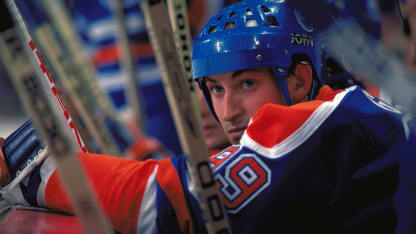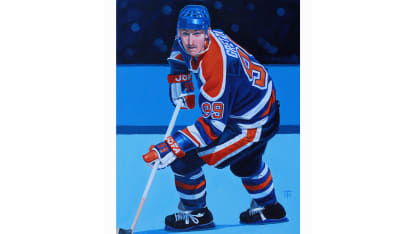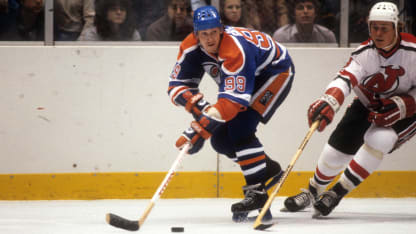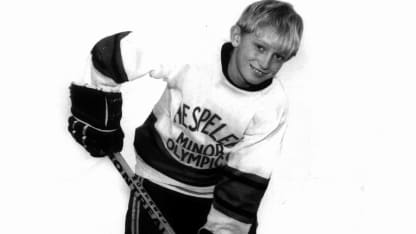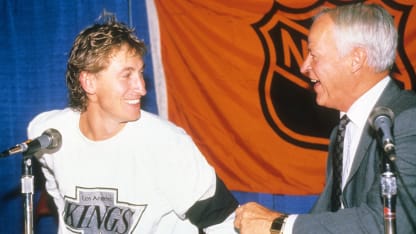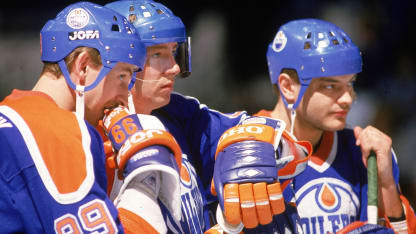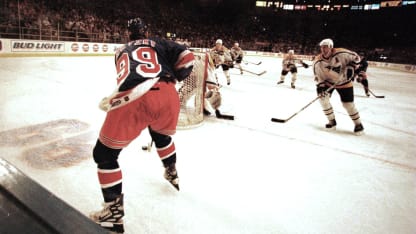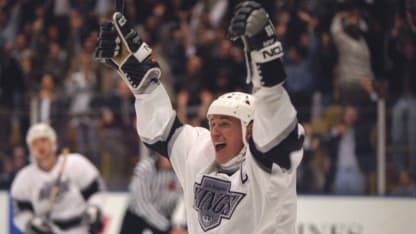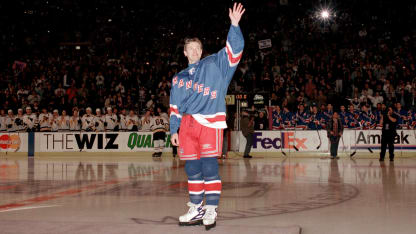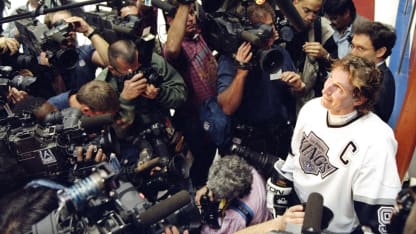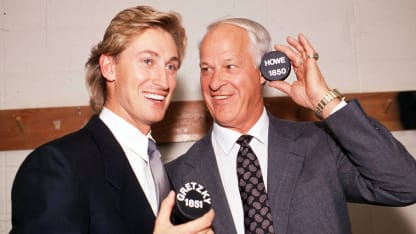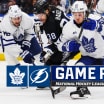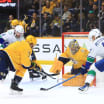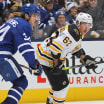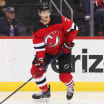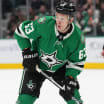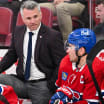By age 5, Gretzky was playing for the Brantford novice-class all-star team, which included players five and six years his senior. A year later, he was trying out for his first real team with boys still much his elder, arriving at the rink with a bundle of nerves and a bushel of talent.
Gretzky scored just one goal with that team, the trainer giving him the puck and saying, "You'll score a lot more than this, but here's the first one."
By age 13, Gretzky had scored more than 1,000 goals in minor hockey, getting 27 in his second season, then 104, with 63 assists, in his third.
Turning 10 in 1970-71, he scored 196 goals with 120 assists in 76 games. If Gretzky's body wasn't sprouting, his talent was skyrocketing. In his final season of peewee, wearing the No. 9 of his NHL idol, Gordie Howe, spanning ages 10 and 11, the 4-foot-10, 70-pound Gretzky scored 378 goals with 139 assists in 85 games as captain of the Brantford Nadrofsky Steelers.
That was followed by league-leading seasons of 105, 192 and 90 goals, against tougher, older competition, the youngster by now a celebrity across the land. A wonderful baseball and lacrosse player when he wasn't on skates, he also was silky smooth with the media when barely into his teens, a skill that would come in handy.
